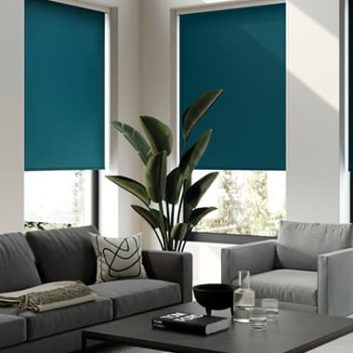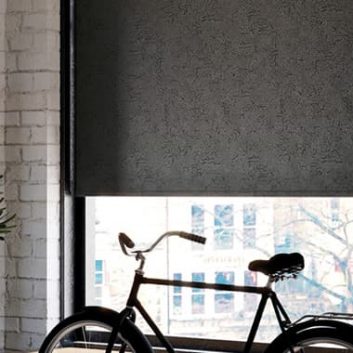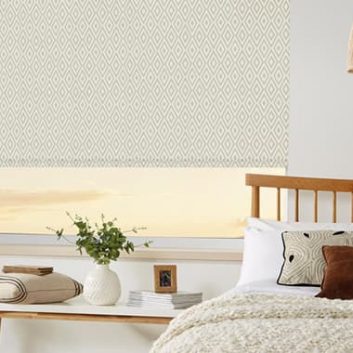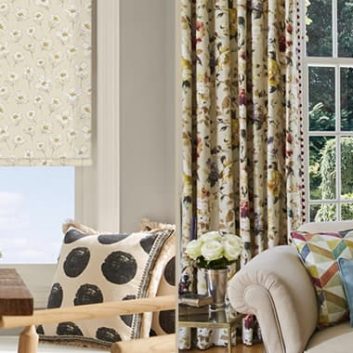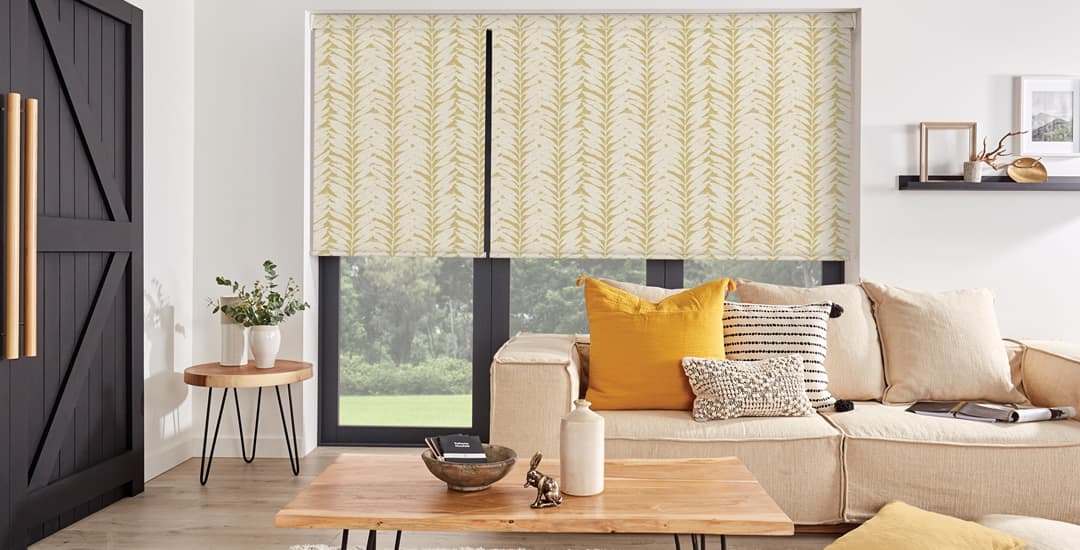
Whether or not you need blackout blinds in the living room depends on what you want to achieve/do in there, and what sort of lighting levels you want to do it in.
While blackout blinds are more or less synonymous with bedrooms for many people, they do have applications for use in other rooms of the home too, and they have benefits in some situations for uses other than sleeping!
But do I need blackout blinds in the living room? Probably not if you can’t imagine what benefit they might offer you. However, some people will get masses of benefit from choosing blackout blinds for the living room or lounge, so if you are interested to learn why they might be advantageous in some cases, this blog post will tell you more.
Do I need blackout blinds in the living room if I’m partial to napping on the sofa?
First up and as I mentioned a minute ago, many people associate blackout blinds with sleeping; so the first or most obvious question is whether or not blackout blinds in the living room are a good idea if, say, you like to nap in there during the day.
For some people who can only sleep/nap in total darkness, even when it comes to a short doze, blackout blinds may be the way to go. However, for many if not most daytime nappers, the opposite is true.
While blackout blinds can be a lifeline when you need to get a full uninterrupted eight or so hours of sleep at the usual time (be that night time or daytime, if you work nights or antisocial hours) they might actually work against you if your plan is to nap for a while and then wake up later.
If full darkness induces sleep for you and there’s no frame of reference of the sun’s position outside to potentially stop you from falling into the deepest of sleeps and/or to keep you oriented as to the time and wake up naturally, you might find that your naps run far longer than you planned.
This might mean that you can’t sleep at night as a result, and/or may feel generally disoriented and out of sorts when you do wake up later than planned and with no instinctive idea of what time it is or how long you were out.
For this reason, dimout blinds or light-filtering blinds that take the edge off bright sun and mute the light levels in the room without blocking the sun entirely are generally the better choice for living room napping.
If you’re the type though that is likely to fall asleep in your chair or on the sofa in the evening as bedtime approaches, and find this comfortable and restful enough to take you right through to morning, then blackout blinds might once more be on the table (ok, window) for your lounge.
In this instance, they will keep the sun from breaking an otherwise solid sleep cycle when it rises, even if you’re not in the room it expects to find you in!
Do I need blackout blinds in the living room if screen glare affects the TV?
If you watch TV during the day in a room that gets a reasonable amount of sun, the chances are that at some stage, the position of the sun in relation to the telly is going to result in screen glare that makes it hard for you to see what’s going on, and that might well ruin your afternoon Oprah-binge.
If you really get into whatever you’re watching and want absolutely minimal outside distractions in this respect, blackout blinds for your living room are definitely an option.
But again, for most people, a light-filtering blind or dimout blind will be the better choice to negate screen glare, without blocking off your entire view of outside and all of the natural light coming in too.
Do I need blackout blinds in the living room if I do a lot of immersive gaming?
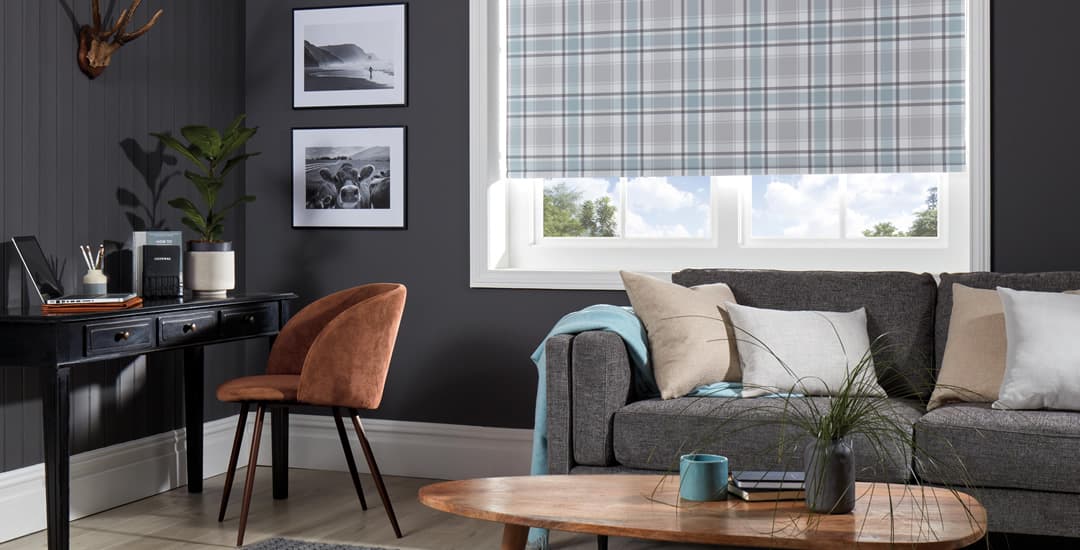
I always think of gamers as not really getting going until about 9pm and potentially battling on until well into the night, largely because that’s how I used to do it and I am really not a mornings person, which meant that light coming in from outside wasn’t really a problem for me.
However, if you like to game during the day and want a really immersive gaming experience and also minimal distractions, and/or Twitch is a serious source of revenue for you and concentration is key, blackout blinds for the living room might be a good idea.
This isn’t the case for all gamers, and some appreciate the anchor/reality check provided by retaining some vague concept of the time of day and what the sun is doing. But for daytime gamers, living room blackout blinds are certainly something to consider.
Do I need blackout blinds in the living room if I want to create a proper home theatre kind of atmosphere?
In a similar vein, if you have a hugeenormous TV with the type of picture quality that impressed me so much I showed myself up very badly in Currys when I first saw it, as well as a weighty surround-sound system and basically, all of the tech needed to create a real home theatre kind of vibe… Do I need blackout blinds in the living room?
Possibly, as they can certainly help to enhance serious viewing and provide a more immersive experience, in much the same way as blackout blinds for serious gamers can.
Do I need blackout blinds in the living room if I do a lot of Zoom or record my own video content?
Finally then, if you communicate a lot via Zoom or Skype, or create any type of video content from your living room, you might want to think about blackout blinds for this too.
Blocking all external light allows you to set up your own lighting provision and control it to the finest degree, which might be important for those partaking in video calls or creating video content for many reasons. The closed blind itself can also provide a neutral or plain background against which to film your efforts too, so this is definitely something to bear in mind.

